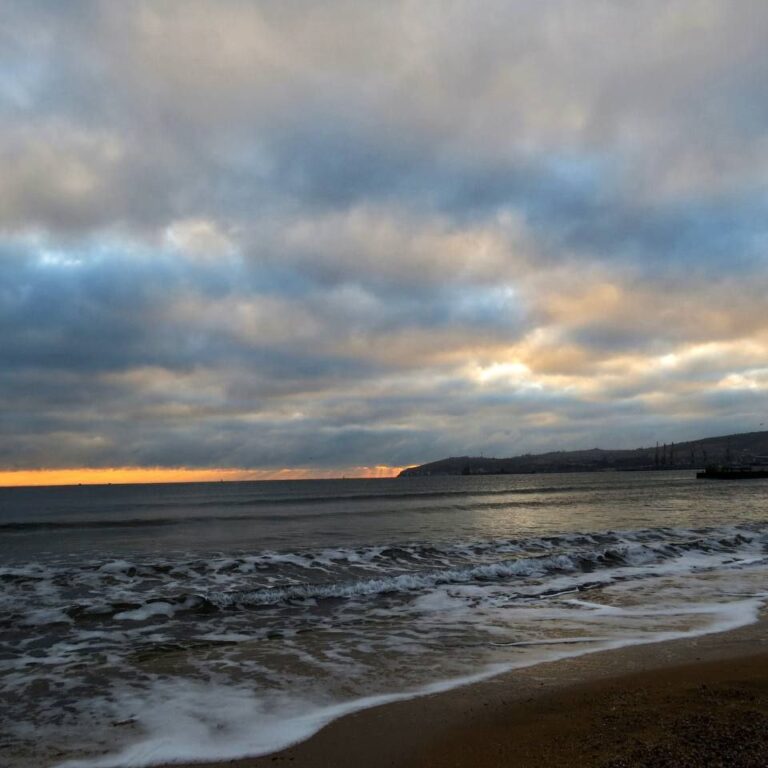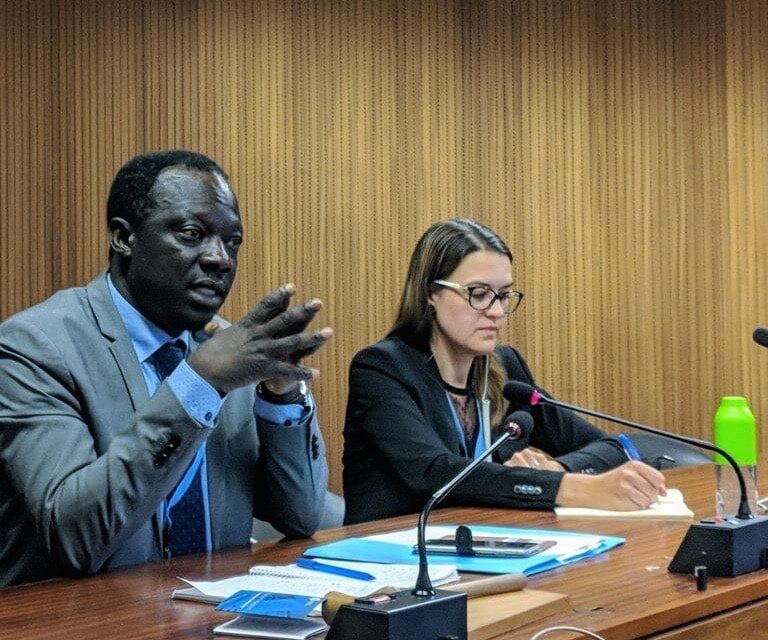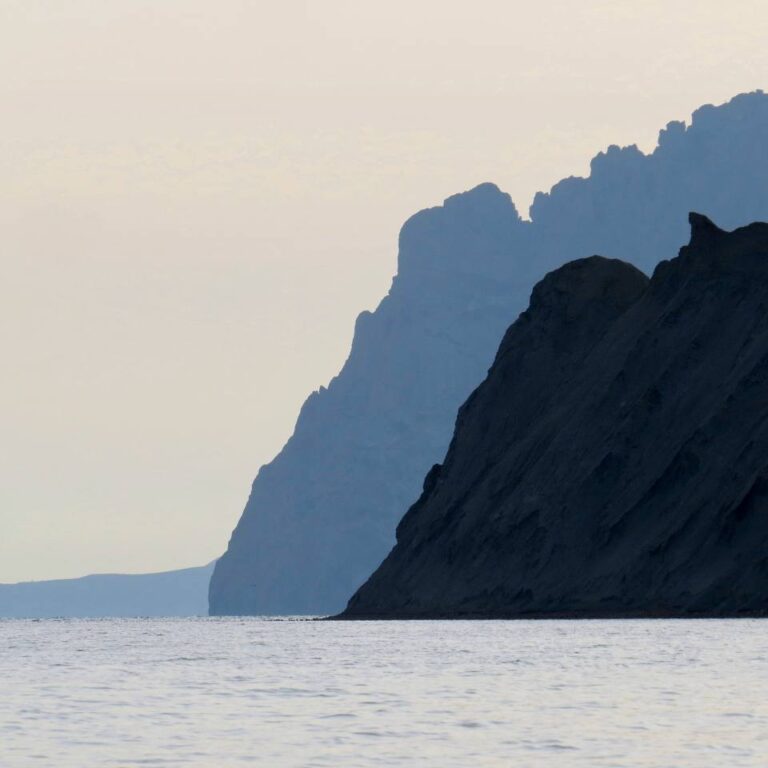The Thirtieth Report of the United Nations High Commissioner for Human Rights (OHCHR) on theHuman Rights Situation in Ukraine, covering the period from February 16 to July 31, 2020, wasreleased today. The report states that in Crimea, “courts” continue to issue decisions with obviousdisregard for the guarantees of a fair trial. The UN once again stated that the application of theRussian legislation in the occupied territory, contrary to international humanitarian law, negativelyaffected the exercise of the right to freedom of religion by various religious groups.
During the reporting period, OHCHR recorded 26 “cases” in Crimea against religious organizations orindividuals for offenses related to proselytism, in particular against Protestants, Muslims, MessianicJews and Krishnaits, as well as Jehovah’s Witnesses. Groups and individuals were punished by theoccupation authorities for posting religious materials on social media, for organizing meditations inparks, for holding Quranic group classes and religious lunches in private premises without notifyingthe religious organization’s full religious name. A UN report provides an example of a woman fromSevastopol who was convicted of proselytism in connection with her posts on the activities of aProtestant organization on social networks. The “court” ruled that these messages constituted “illegalmissionary activity”.
In its report, OHCHR also mentions the invaders’ proselytizing charges against the leaders of Muslimcommunities that do not belong to the Russian-controlled “Spiritual Direction of Muslims of Crimea”.The UN states that before the occupation, local authorities either issued permits for the permanentuse of mosques, or provided them on long-term lease, but the occupying Russian authorities canceledthese decisions, grossly interfering with the use of mosques by communities.
The UN points out that in June 2020, Yusuf Ashirov, the imam of the Muslim community of Alushta,was convicted of “illegal missionary activity” and paid a “fine” of 5,000 rubles for reading the usualFriday sermon in the mosque, which this community has regularly used since 1994. The recognition of
the “illegality” of this preaching was the consequence of the refusal of the occupation authorities torecognize the right of this community to use this mosque, which was granted to the community “forthe indefinite period” before the occupation. In addition, community members were summoned to the“prosecutor’s office”, it became the tool of relevant intimidation. The report also provides numerousexamples of human rights’ violations during the illegal conscription of Crimean residents into theRussian armed forces.
In Report UN demands to aggressor-State Government:
to uphold its obligations as duty bearer under international human rights law in Crimea and respectits obligations as an occupying Power pursuant to international humanitarian law;
to ensure proper and unimpeded access of international human rights monitoring missions andhuman rights non-governmental organizations to Crimea, pursuant to General Assembly resolutions71/205, 72/190, 73/263, and 74/168;
to put an end to prosecutions and other reprisals against individuals who refused to provideRussian punitive authorities with testimony which may incriminate third parties;
to ensure that the right to freedom of religion or belief can be exercised by any individual andgroup in Crimea without discrimination on any grounds and unjustified regulatory barriers;
to end criminal and administrative “prosecution” of Crimean residents for peaceful manifestation oftheir religious beliefs, including proselytizing;
to refrain from deporting detainees to serve prison sentences in the Russian Federation; return to Crimea all those already deported;
to stop conscripting Crimean residents into the armed forces of the Russian Federation.







